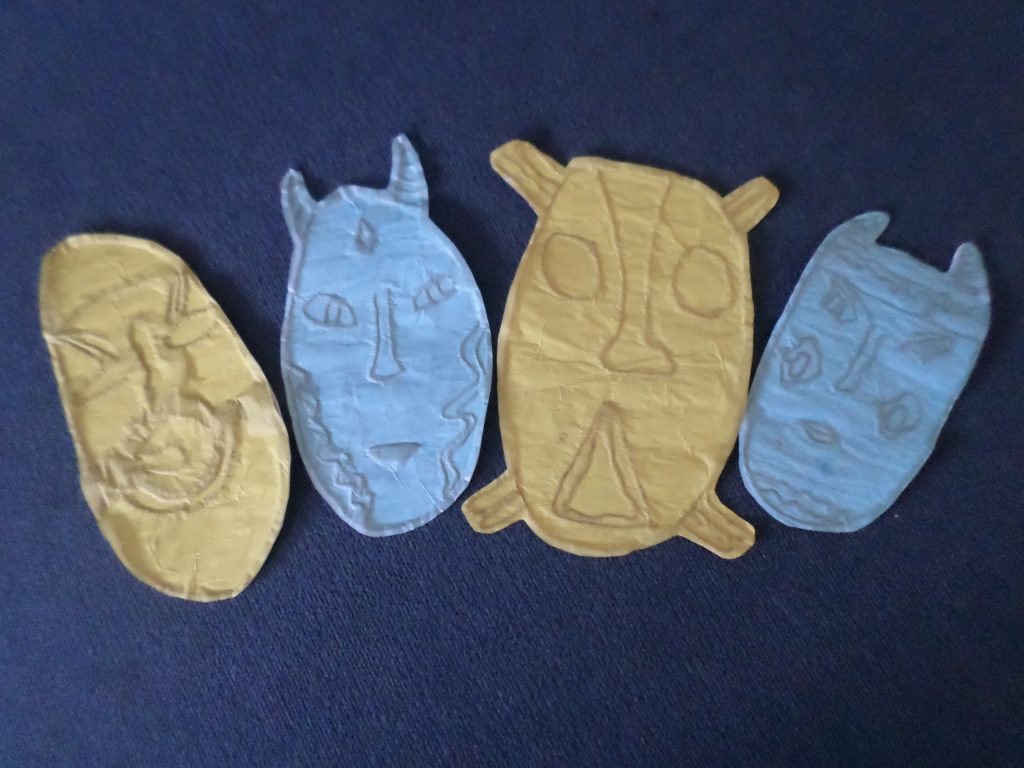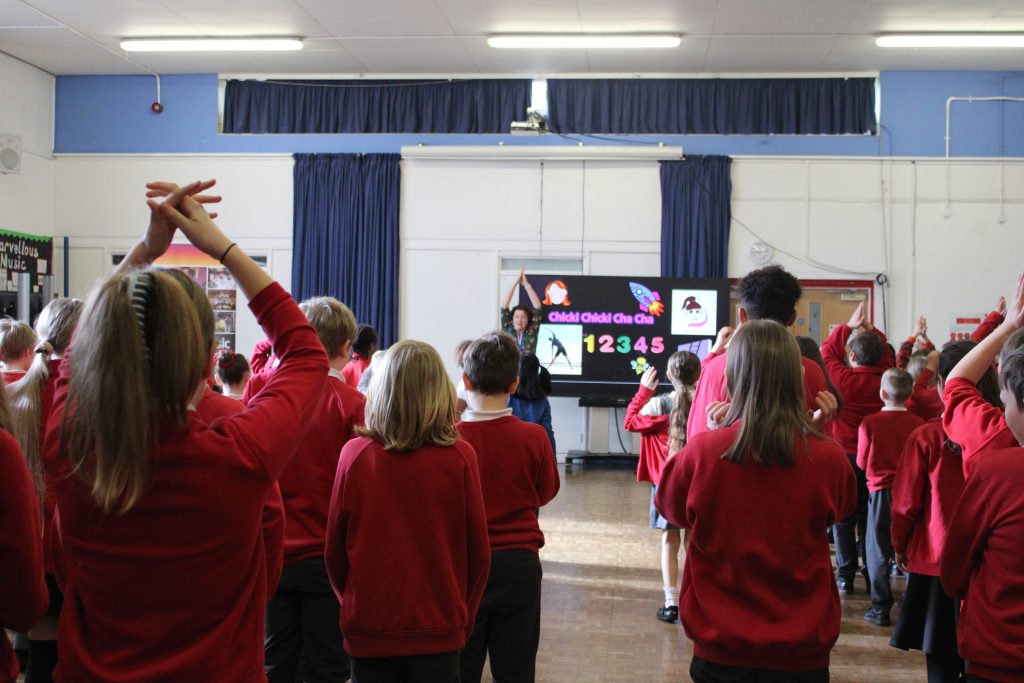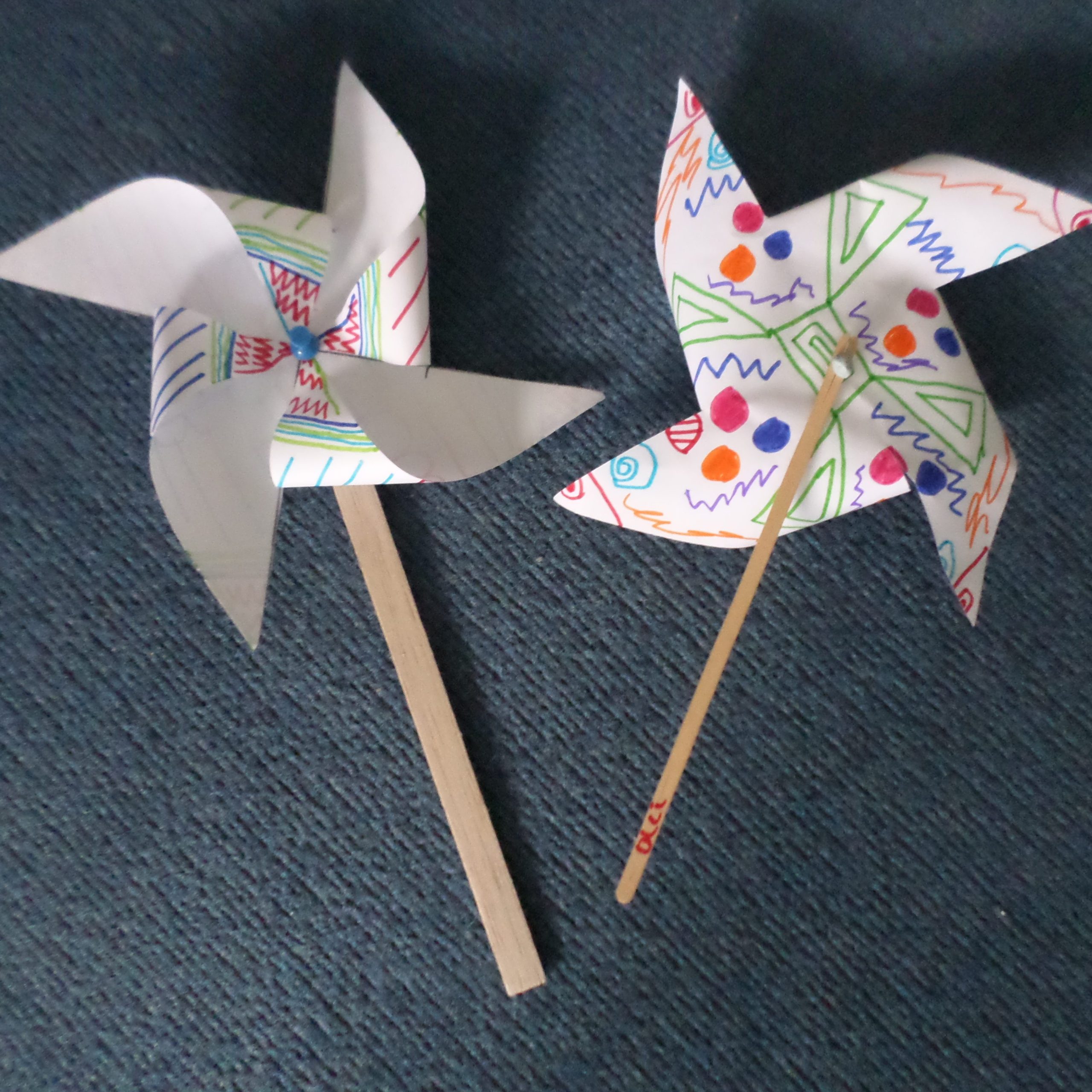Planning an Arts Week
Arts Week can be a transformative experience for a school, bringing creativity, cultural understanding, and a sense of community into the heart of learning. Two Kent schools, St Paul’s Infant School in Maidstone and Whitehill Primary School in Gravesend, successfully ran their first Arts Weeks last year. Their experiences offer valuable insights and practical advice for schools considering their own creative celebration.
Why Plan an Arts Week?
Both schools used their Arts Weeks to enrich their curricula while fostering community spirit. At St Paul’s, lead teacher Laina Gedge aimed to celebrate the school’s rich cultural diversity through music and art. African culture became the focus, inspired by the growing number of African families in the school community. For Whitehill Primary, Caroline Mills used the week to connect pupils with African cultures and to promote the arts as an integral part of learning.
These events helped pupils engage with their own cultural identities and those of their peers. They also demonstrated the power of the arts to unify a diverse community, making learning meaningful and accessible to children of all abilities.


Building Momentum and Gaining Support
Both schools emphasised the importance of collaboration in bringing their Arts Weeks to life. At St Paul’s, Laina sought resources and support from Kent Music, which helped build her confidence and provided a wealth of ideas. The Kent Music Schools team worked closely with staff to address their apprehensions about teaching music, ensuring everyone felt equipped to participate.
At Whitehill, Caroline Mills formed a working group comprising the English, art, and enrichment leads, as well as senior leadership team (SLT) members. Together, they planned activities around African-themes for each year group, ensuring a cross-curricular approach. Gaining SLT approval early on was key, as it allowed the team to integrate the event into the school calendar and coordinate staff involvement.
Planning the Week
Successful Arts Weeks require thoughtful planning. Caroline advises starting early in the academic year to secure funding and avoid clashes with other events. At Whitehill, the team centred their week on djembe drumming workshops, which became a highlight for pupils and staff alike. Every child had the chance to explore African rhythms, participate in call-and-response activities, and create their own music.
St Paul’s integrated African-inspired art and music into their annual summer concert. The whole school joined in an African call-and-response song, while Year 2 pupils showcased their drumming skills and shared lino prints inspired by African textile artists.
Both schools emphasised flexibility and resourcefulness. When funding fell short, Caroline’s team used existing resources and encouraged creative problem-solving, demonstrating that impactful activities don’t always require significant expenditure.
Challenges and Solutions
Budget constraints and time pressures were common challenges. Laina noted the difficulty of juggling classroom responsibilities while developing a new initiative. Her solution was to start small and build gradually, with plans to form a working group for future events.
Caroline highlighted the importance of careful scheduling and early budgeting. By planning for a mid-year Arts Week, schools can minimise conflicts and allocate resources more effectively.


The Lasting Impact
Both schools saw a lasting impact from their Arts Weeks. Pupils developed a deeper understanding of cultural diversity, and teachers discovered new ways to incorporate creativity into their teaching. The events fostered a sense of pride and excitement within the school community, paving the way for future collaborations.
At Whitehill, the success of the Arts Week has inspired a broader vision for curriculum planning, with creativity at its core. St Paul’s plans to expand its Arts Week, further embedding the arts into the fabric of school life.
Key Tips for Planning Your Arts Week
- Start Early: Begin planning at the start of the academic year to secure resources and avoid clashes.
- Build a Team: Form a working group to share ideas and responsibilities.
- Focus on Inclusivity: Choose themes and activities that resonate with your school community and engage all pupils.
- Be Resourceful: Use existing materials creatively and consider local partnerships for workshops or resources.
- Celebrate Together: Make time for a culminating event, such as a concert or exhibition, to share pupils’ achievements with families and the wider community.
An Arts Week can be a powerful way to bring creativity and collaboration into your school. Whether you’re an experienced arts specialist or new to the role, the experiences of St Paul’s and Whitehill show that with thoughtful planning and a shared vision, any school can create an inspiring celebration of the arts.